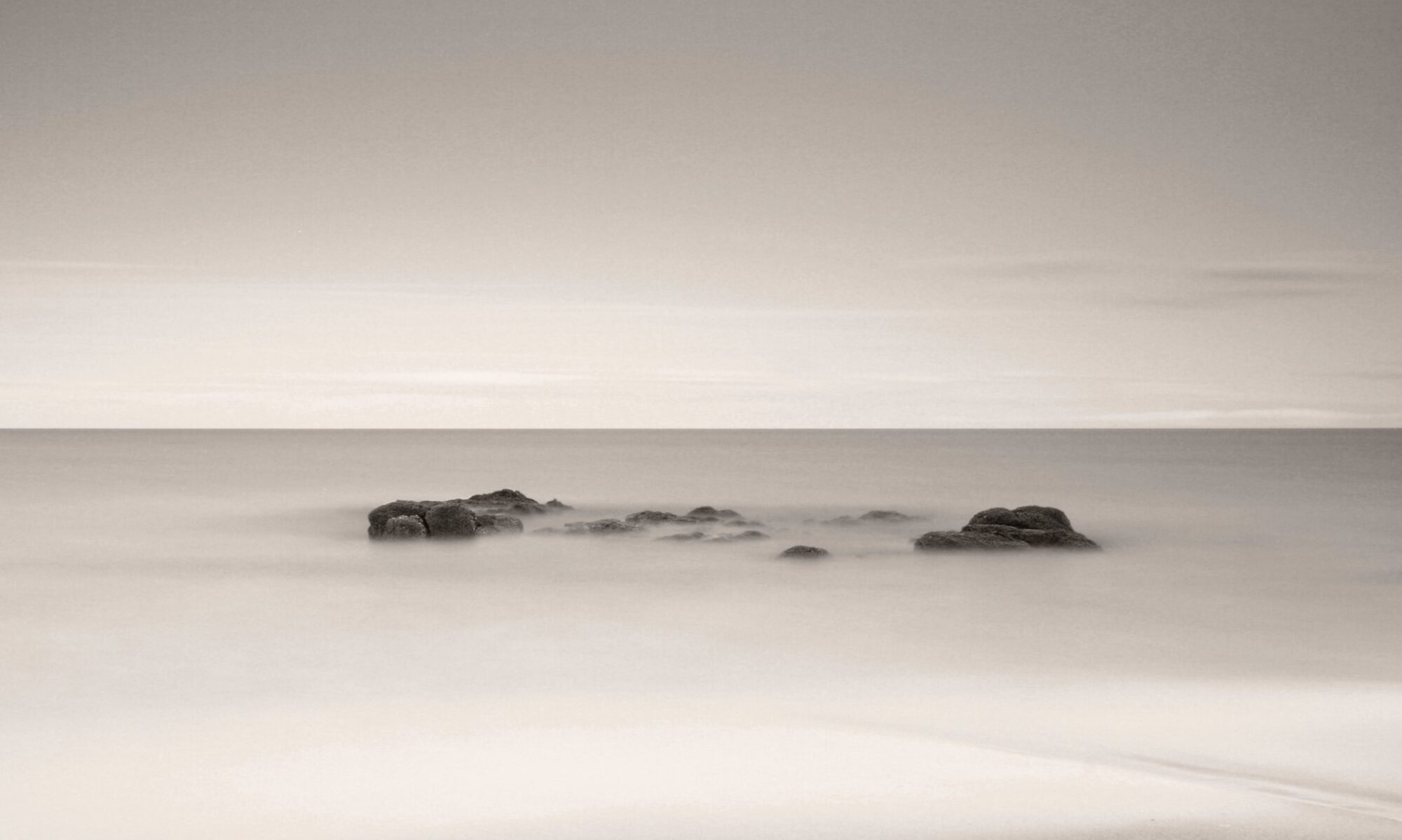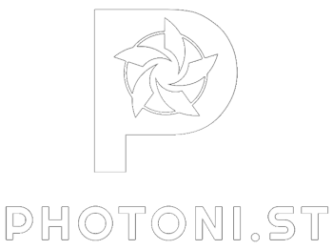When I was in my twenties, I owned almost nothing. Obviously, in your twenties you’re not rich, but I owned much less than my friends. An old car, two computers, and some basic clothes. That was it. I felt completely free. When I moved to a new country at 21, I just went. No storage units, no shipping containers, no belongings to worry about or sell. Just me and my few possessions, ready for whatever came next.
Not only I had little, but I also wanted little. I had what I needed. What I wanted on top of that wasn’t important and I didn’t care about it.
This wasn’t some philosophical statement at the time. I simply found that owning less meant worrying less. Each possession we acquire carries a weight beyond its physical form: the weight of maintenance, of protection, of responsibility. When you own little, you’re free to focus on experiences rather than things.
Years later, I’ve come to see how this same principle applies to photography. We live in an age of endless gear acquisition, where each new camera release promises to unlock creativity we didn’t know we had. I’ve been there. I lusted after the 5D when it came out and bought one very shortly after it was released. I drooled over some L lenses (but never bought them). But I’ve noticed something: the more equipment I acquired, the more my photography became about the equipment itself rather than about seeing and creating.

There’s an anxiety that comes with owning high-end photography gear. Each expensive piece of equipment arrives with an invisible and unforeseen burden: the pressure to create images worthy of the tool, to justify its purchase through our work. You do that through comparing to others and an implicit competition appears out of nowhere. We begin to shoot certain subjects not because they move us, but because that’s what the equipment is “meant” for (think 85mm lens for example).
Even more insidiously, we spend countless hours fantasizing about the photos we could take with new gear instead of actually taking photos with what we have. The fantasy of perfect technical capability becomes a substitute for the act of creation itself. We browse online galleries thinking about what we could create with better equipment, rather than creating with what we have.
This, I realised at some point, made me unhappy.
Not only owning more didn’t make me happy, it came with wanting more. And wanting more is even more insidious than owning more. It’s more abstract, it’s more emotional, it’s harder to control. The more I had, the more I wanted. The more technically perfect my equipment was, the more it needed to be closer to perfection. I was originally happy with my entry-level 350D and I took a lot of photos with it. But then I wanted full-frame. In all honesty, it wouldn’t bring me a huge amount. The advantage would be hard to objectively measure. But I wanted it.
Photography wasn’t about taking personal photos anymore, it had become something controlled outside of myself. Then I remembered how it felt owning nearly nothing and being content with it. Just as owning minimal possessions had given me the freedom to move and change, working with minimal photographic equipment gave me the freedom to see and create without the burden of expectations, to not care about the equipment anymore.
Using older or simpler equipment isn’t about embracing limitation, it’s about finding freedom through constraint. When we strip away the excess, we’re left with just ourselves and our vision. The equipment becomes transparent, a simple tool for capturing what we see rather than a force that shapes what we choose to see. You don’t ask “what camera did you use?” when you look at others’ photos as it’s no longer relevant. You just don’t care. You ask “how was it framed?”, “what was the message?”, or “what does it make me feel?”.
This isn’t about rejecting technology entirely. It’s about finding balance. Enough technology to serve our vision, but not so much that it obstructs it. It’s about recognising that sometimes, having fewer choices can actually make us more free. When we’re not constantly confronted with technical decisions about which lens to use or which settings to adjust, we’re more able to focus on the essential act of seeing and creating.
What I learned from owning almost nothing in my twenties has become the foundation of how I approach photography today: possession often possesses the possessor. Our equipment can come to own us, dictating what and how we photograph rather than serving our creative vision. I use cameras and lenses that are 10 or 15 years old and they’re sufficient for me.
The truth is, meaningful photographs don’t come from perfect equipment, they come from seeing deeply, from connecting with our subjects, from being present in the moment. Sometimes, the limitations of simpler equipment can actually help us achieve this presence. When we can’t rely on technical perfection, we’re forced to rely on our eye, our timing, and our understanding of light.
Looking back, I realise that both my minimalist lifestyle and my approach to photography were teaching me the same lesson: true freedom doesn’t come from having more options. It comes from being unburdened by the excess, from being able to move lightly through the world, both physically and creatively.
The camera around my neck today might be older or simpler than what others are using, but it carries no weight of expectations, no burden of technical possibilities to fulfil. Like that old car and those basic possessions of my twenties, it simply helps me move through the world, capturing what I see along the way. And in that simplicity, I’ve found a deeper kind of photographic freedom.
#Photography #PhotographyTheory #Theory #Personal #Opinion

